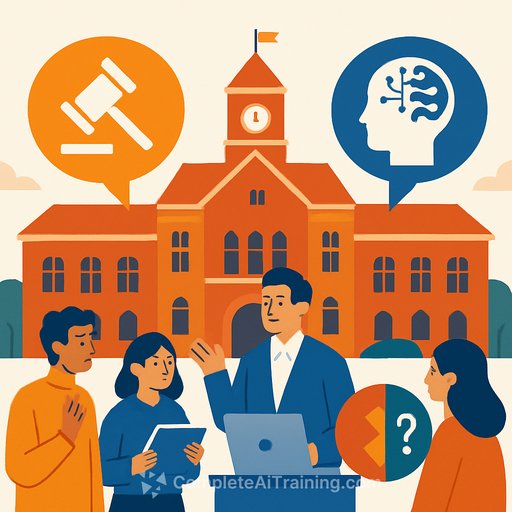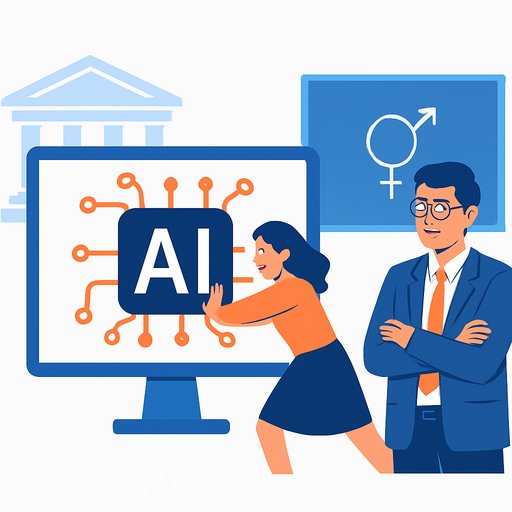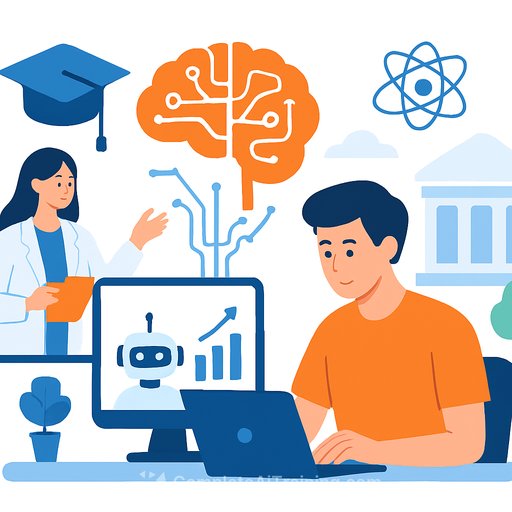Cambridge Schools Develop Thoughtful AI Policy Focused on Age-Appropriate Use
Cambridge Public Schools are working on a districtwide policy to guide the use of artificial intelligence (AI) in education. A recent School Committee resolution calls for “thoughtful, age-appropriate engagement with AI tools” to ensure students develop foundational academic skills while learning to use AI effectively and critically.
Currently, without a unified policy, individual schools set their own rules on AI use. The new resolution aims to create consistent standards across the district, balancing skill development with preparing students to participate knowledgeably in a tech-driven society.
Concerns Around AI Integration in Education
Some parents voiced concerns about the assumption that AI use in schools is inevitable. Gabriel Robinson, a district parent, challenged the idea that students must graduate with strong AI familiarity on par with core academic skills. Robinson warned that the policy risks promoting a future centered on big tech’s vision, where students either dominate AI or become its victims.
In response, committee member David Weinstein proposed changing the language from “promoting” to “ensuring” AI engagement, aiming for a more neutral stance. However, this amendment was withdrawn after members argued that AI is already present in students’ lives and schools must focus on guiding its use responsibly.
Committee members Elizabeth Hudson and Richard Harding emphasized the reality of AI’s presence and the need for policies that reflect this. Harding noted, “This is happening across the country – we are actually behind in our policy on AI, way behind.”
National Context and State Guidance
Discussion about AI in education is happening nationwide. An executive order from 2025 encourages schools to advance AI education for both teachers and students. Despite this, many public schools, including those near Cambridge, have yet to develop clear AI policies.
For instance, Somerville’s schools have discussed AI since early 2024 but have not yet formalized policies. The state Department of Elementary and Secondary Education recently released guidance highlighting that AI impacts instruction, assessment, operations, and communication. The document stresses that AI changes how students engage with content and how teachers design learning experiences.
Taking a Cautious Approach
Cambridge school leaders and community members agree that crafting an AI policy requires careful consideration. Arjun Jaikumar, a parent and candidate for the School Committee, emphasized the need to establish core study and workplace skills before integrating AI tools. He raised concerns about academic integrity, environmental impact, and brain development related to AI use.
“There’s a lot that we don’t know about the effects of AI in learning,” Jaikumar said. “We should take this slowly as we learn more as a society about the effects.”
Interim superintendent David Murphy assured the community that the policy will be developed thoughtfully. “It’s about making sure that we are not sacrificing the types of ethical constraints that we want students to cultivate during their time as students,” Murphy explained.
Key Takeaways for Education Professionals
- AI use in schools is becoming widespread, but clear district-level policies remain limited.
- Effective policies should balance foundational skill development with responsible AI engagement.
- Concerns around ethics, academic integrity, and developmental impacts need addressing in policy frameworks.
- State guidance highlights AI’s broad influence on teaching, learning, and school operations.
- Cautious, informed policy development is critical to prepare students for a technology-integrated future.
For educators interested in expanding their AI knowledge or incorporating AI tools responsibly, Complete AI Training offers courses tailored to various skill levels and roles in education.
Your membership also unlocks:






